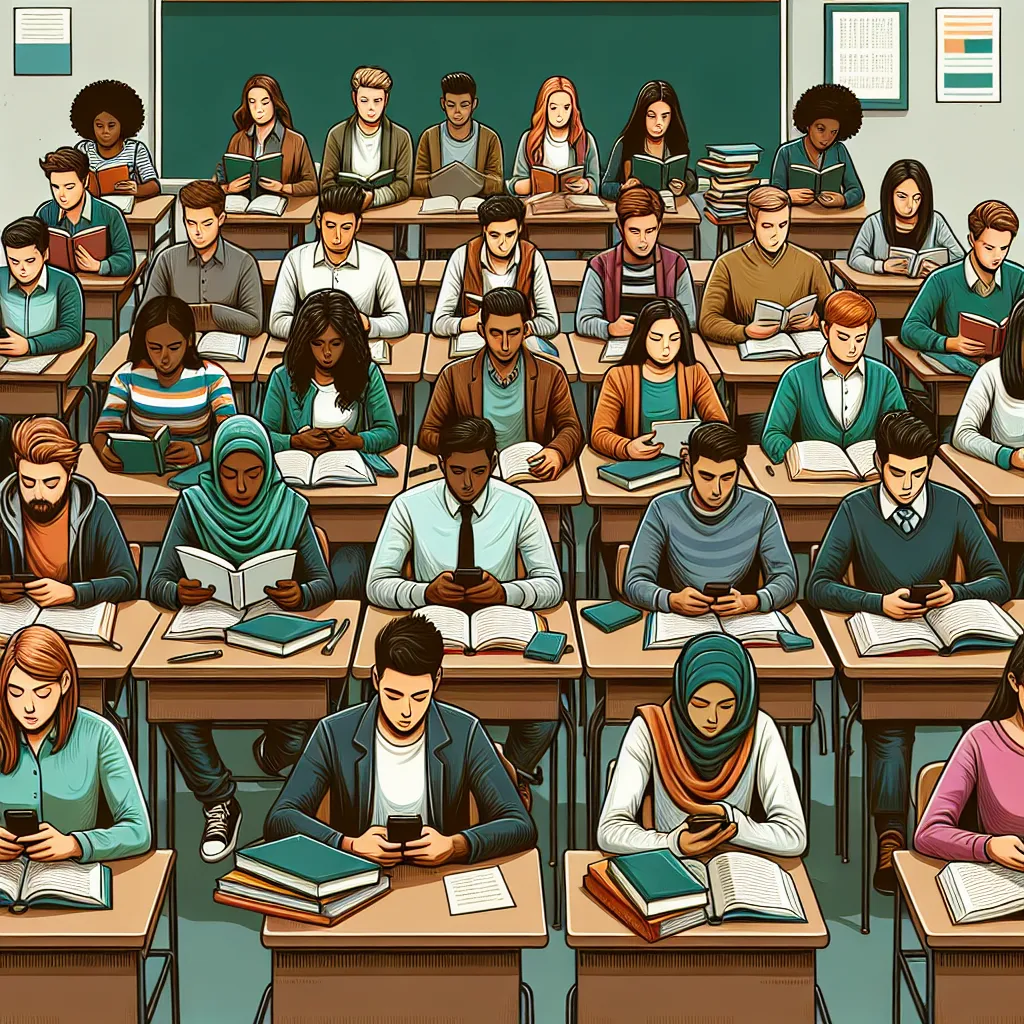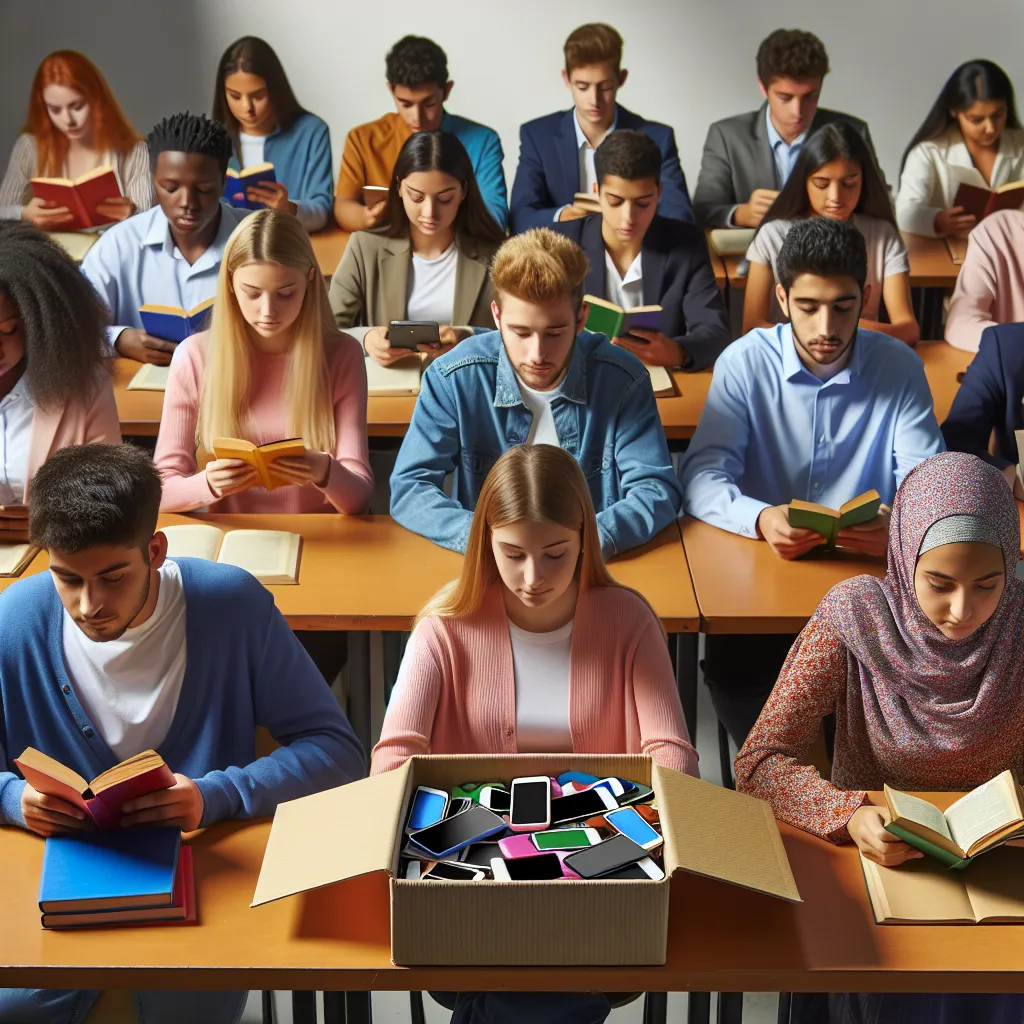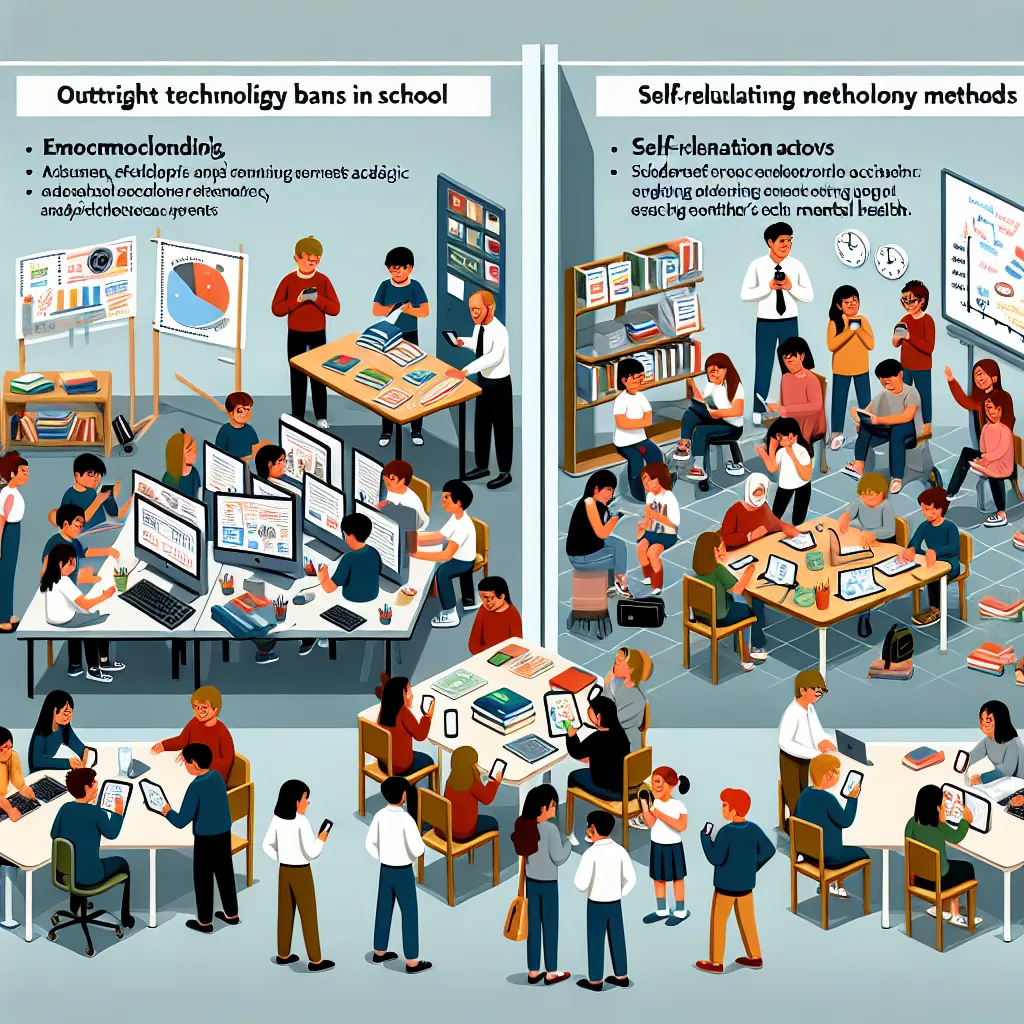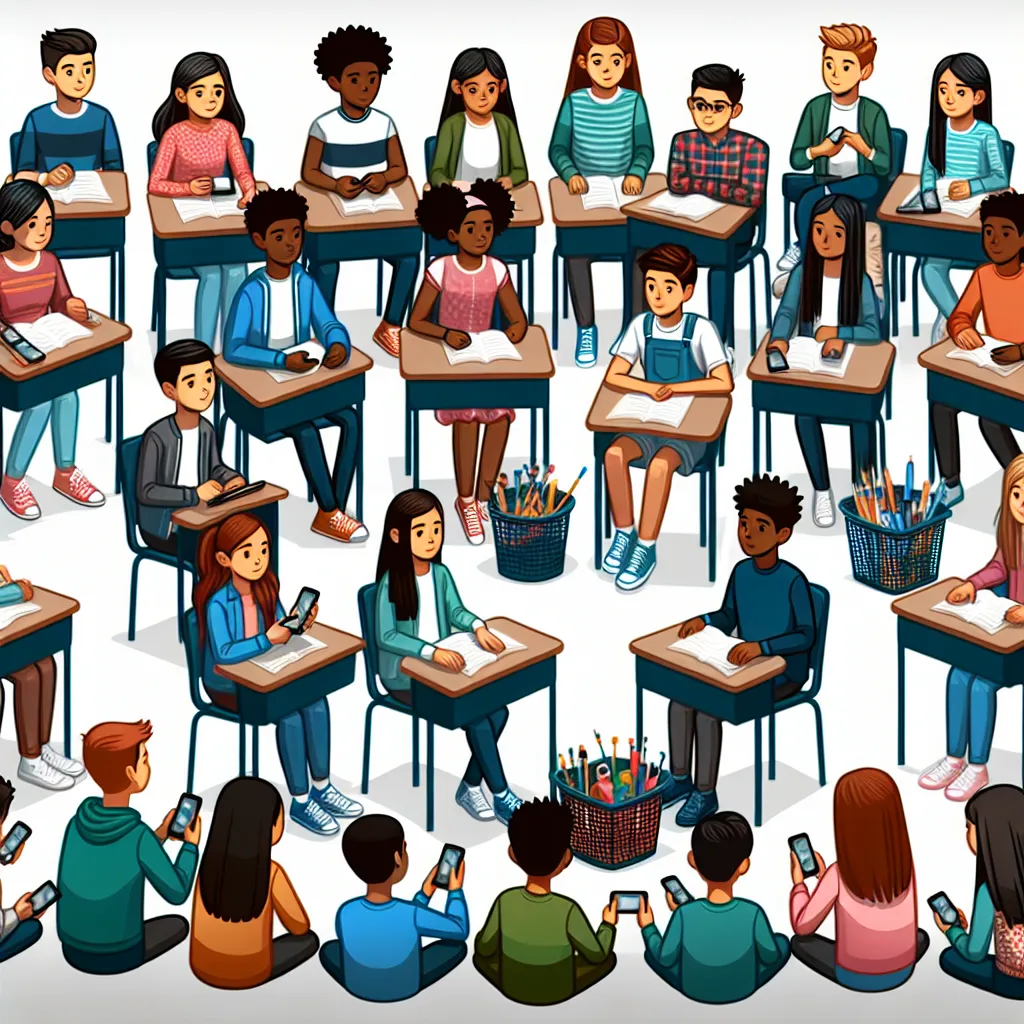Ask AI on The Internet
Question: One of the first-year-student orientation initiatives at a local university is to collect incoming students’ cell phones and keep them for 48 hours. The purpose of the initiative is to give students an opportunity to integrate into their new school culture and make friends on campus. Carefully consider the effects of this initiative and the extent to which they might support, complicate, or contradict its intended goals. Write an essay that argues your position on the advisability of the 48-hour cell phone ban. In your response you should do the following: Respond to the prompt with a thesis that presents a defensible position. Provide evidence to support your line of reasoning. Explain how the evidence supports your line of reasoning. Use appropriate grammar and punctuation in communicating your argument.
Title: The Implication of a 48-Hour Cell Phone Ban for First-Year University Students Thesis: While the 48-hour cell phone ban is commendable for its attempt to foster interpersonal relationships among freshmen, it creates other constraints that complicate the socialization process; therefore, a more balanced approach would be favorable, perhaps allowing for specified cell-phone-free periods during the day instead of a total ban. Detachment from digital devices can indeed help with easing first-year students into their new school culture. Without their phones, students might feel more inclined to interact face-to-face with their peers, delve into activities that promote interaction, and in turn, foster a stronger sense of community. In today's digital world, conversations often occur virtually through texting or social media, depriving people of real-life social experiences. This initiative attempts to restore these by making students communicate in an old-school manner. Despite these potential benefits, the ban can lead to some complications. Firstly, the sudden and total denial of access to their phones can be stressful for students who consider them as a primary source of comfort and familiarity in a new environment. This abrupt change can cause a rise in anxiety, contradicting the initiative's goal of helping students assimilate comfortably into a new environment. Secondly, cell phones play a significant role in safety; students need them to call for help in emergencies or use apps to navigate around an unfamiliar university campus. Thus, denying access to communication tools can affect their sense of security, making it a challenge to focus on building interpersonal relationships. Moreover, in the age of digital learning, many universities leverage mobile technologies to enhance educational experiences. Students rely on their phones to stay updated about university news, changes in schedules, or academic materials through institution-related apps or educational platforms. A 48-hour ban might impede their academic integration process, contradicting the intended goals of this initiative. Therefore, while the initiative’s premise of fostering face-to-face interaction among students is applauded, the potential stress, security concerns, and academic interruption it can cause call for a reconsideration of its execution. A more balanced approach, such as defined cell-phone-free periods or activities during the day where students are encouraged to interact without devices, may be more beneficial. This way, students can experience the benefits of non-digital socialization and still have access to their devices when necessary. In conclusion, while encouraging students to detach from their phones can have a positive impact on their on-campus socialization, the total ban may trigger additional challenges. The university should consider a compromise between the traditional and digital means of interaction for a smoother transition for its first-year students.
A new large language model has been made available since this question was asked.
To generate an updated answer from the new model, click the button below.
Think your answer is better than the AI's? Post it below.
Other Most Relevant Posts:
Question Tags
If you want your question answered by an AI, click here.







Post your own comment: